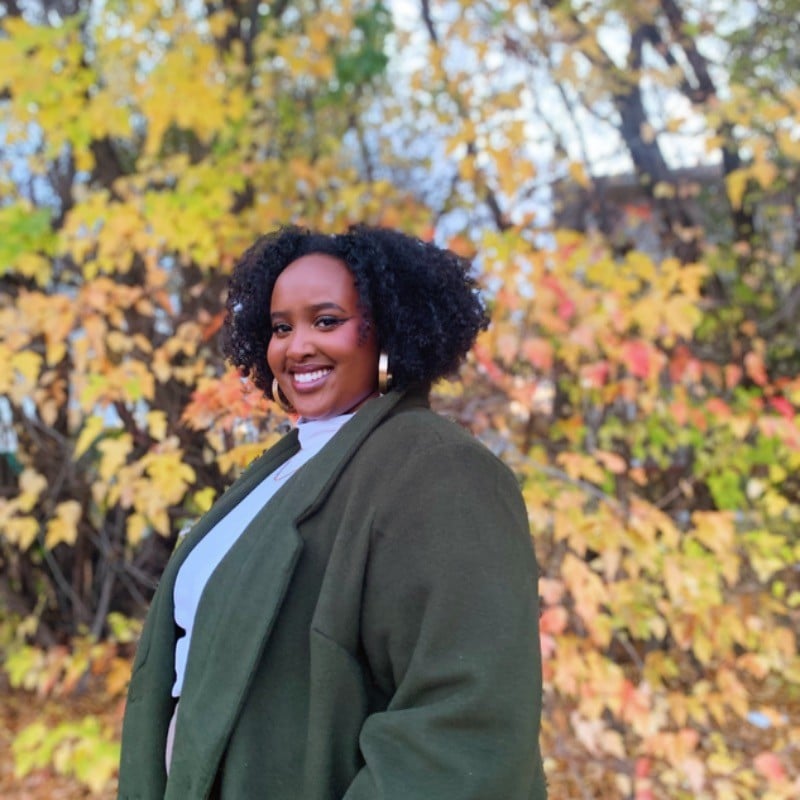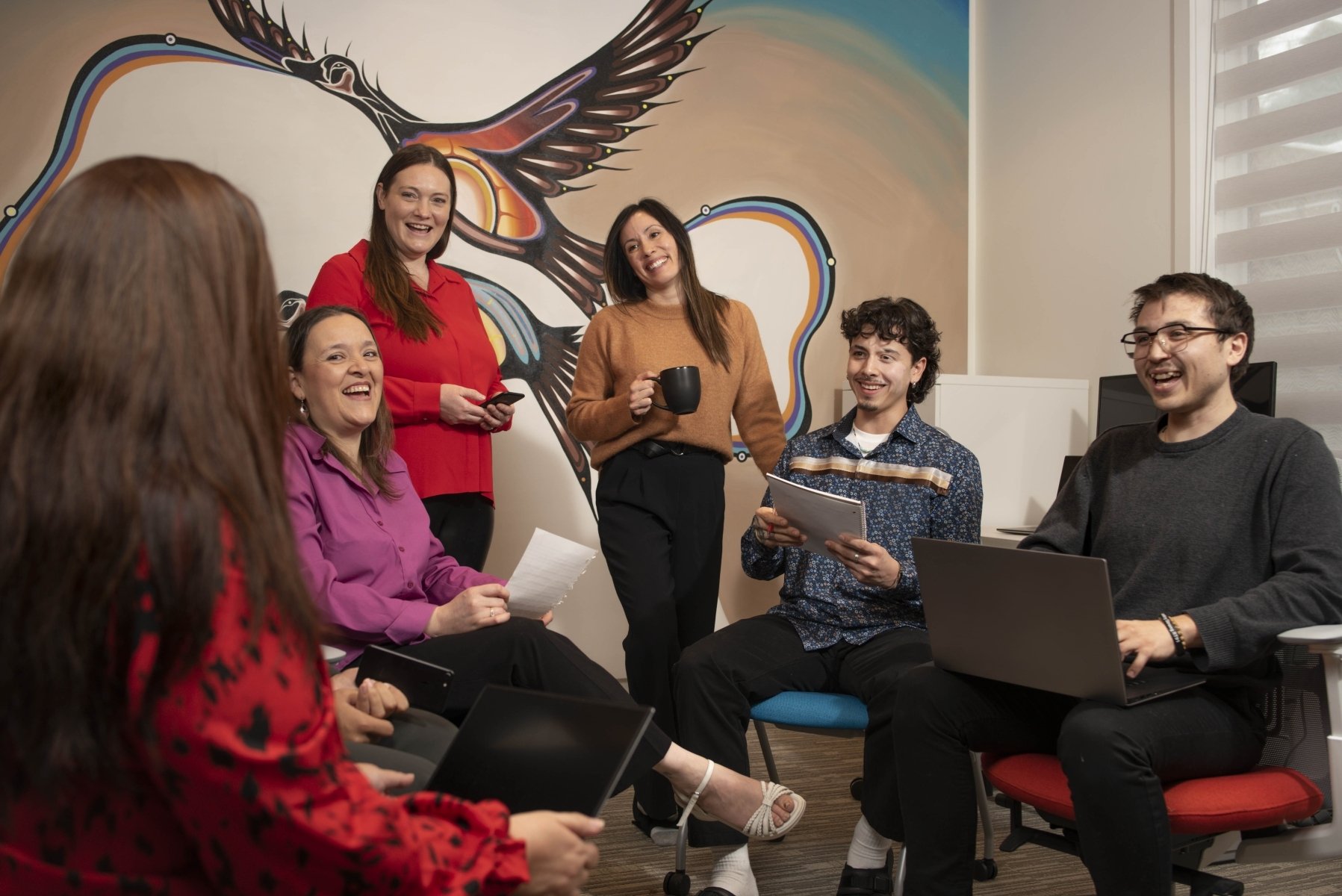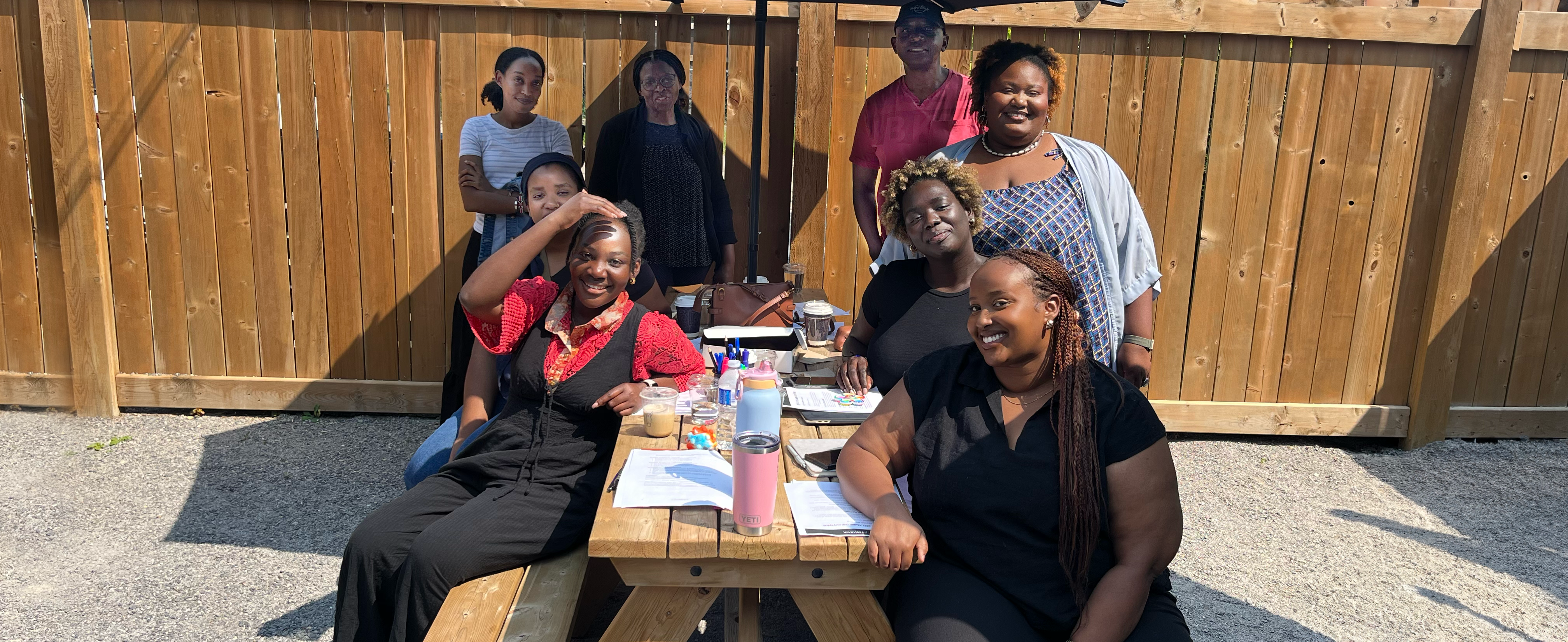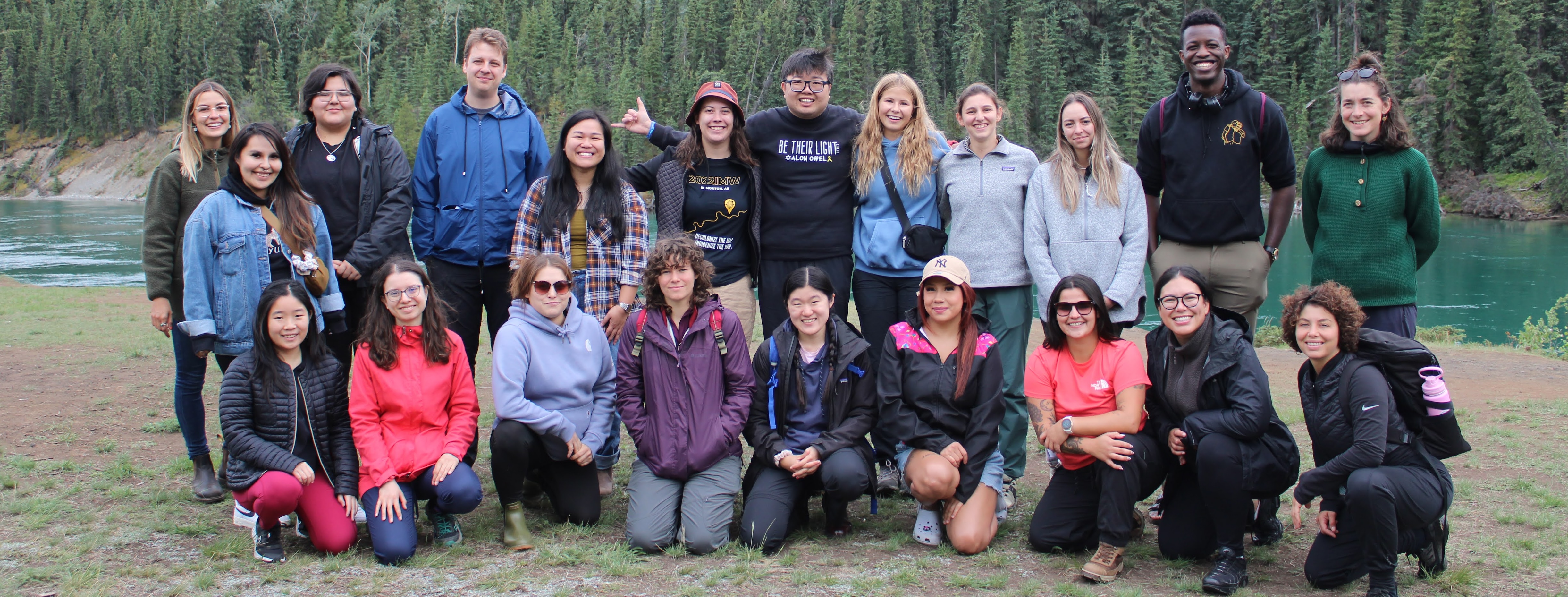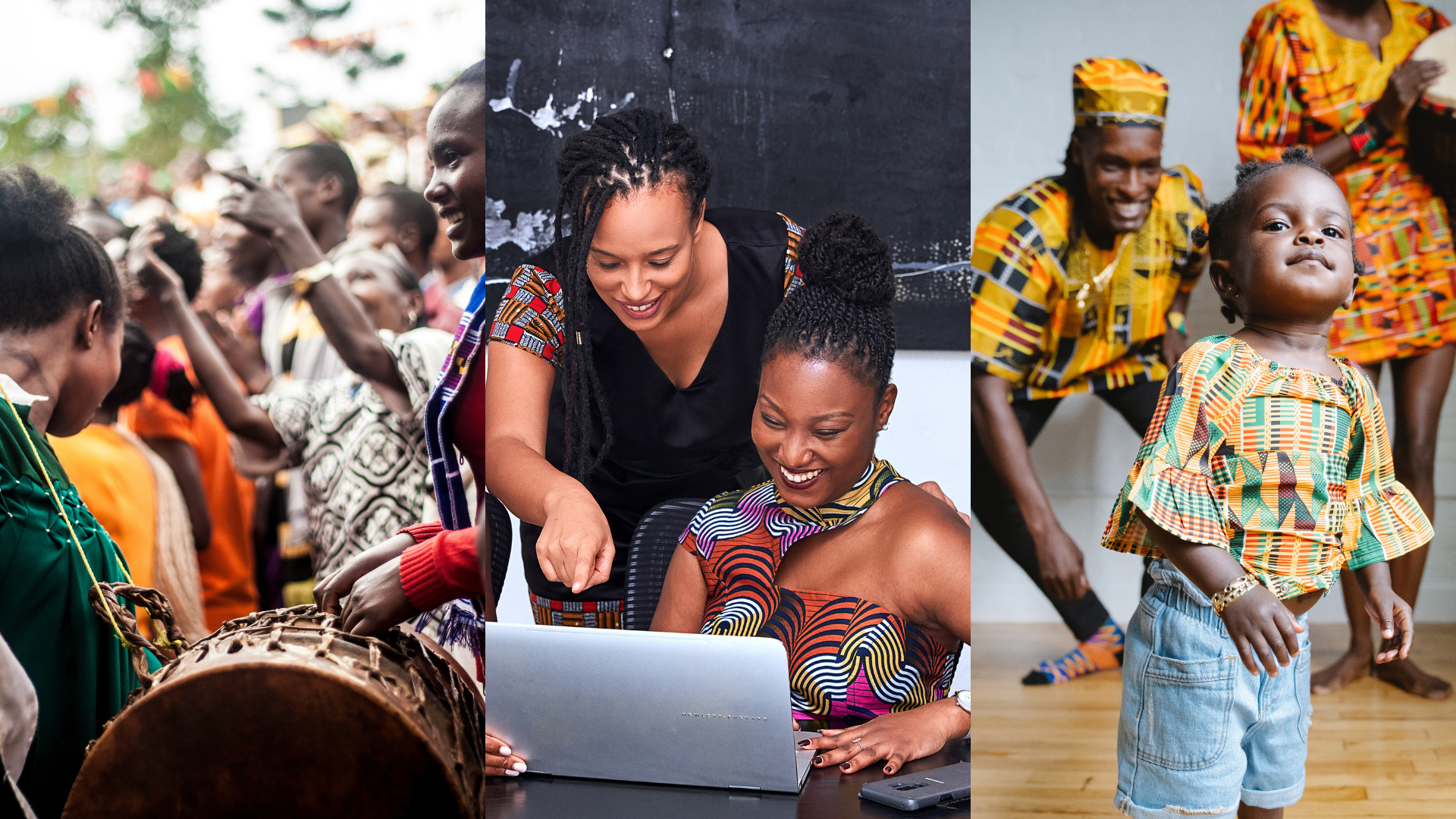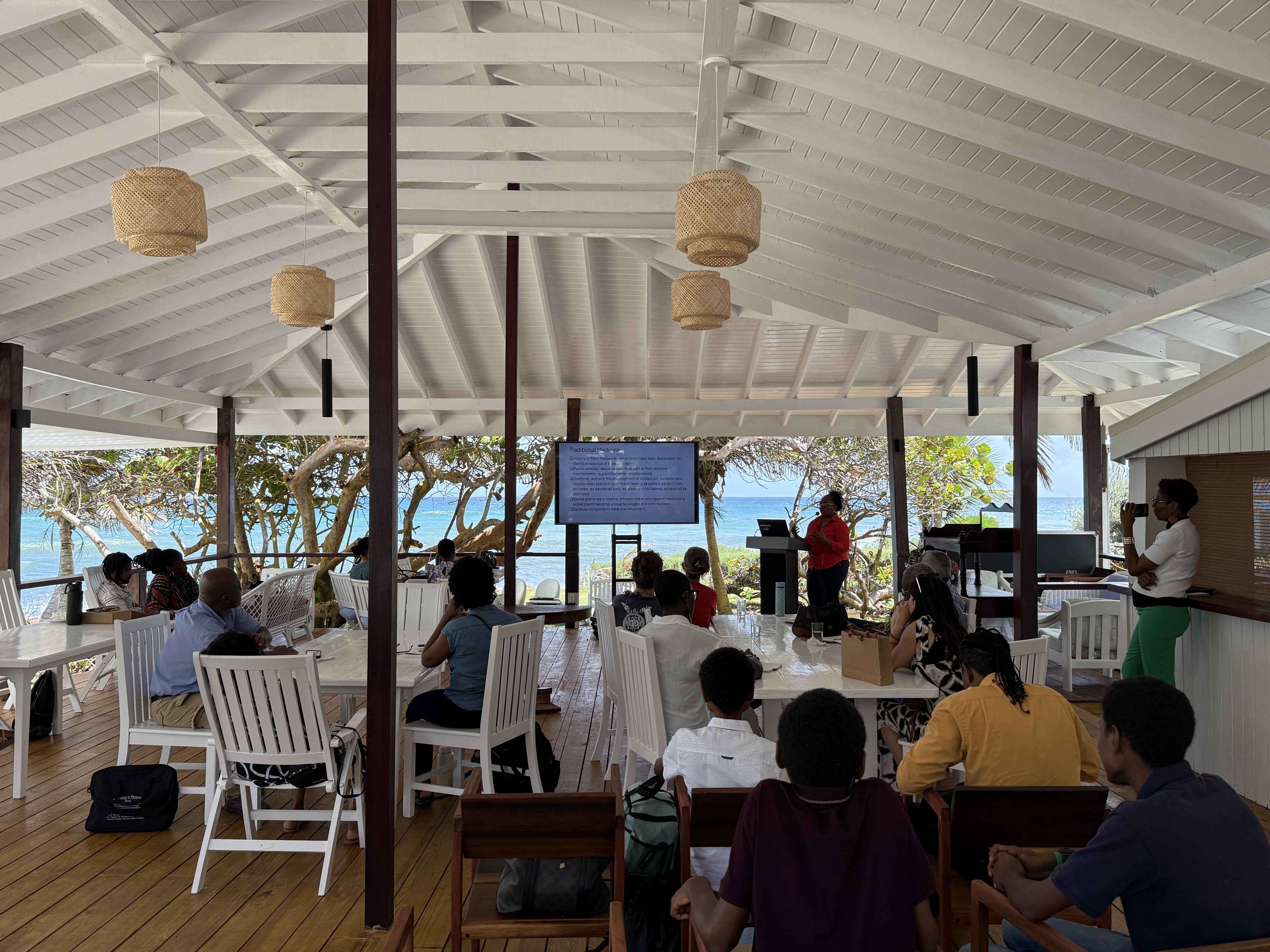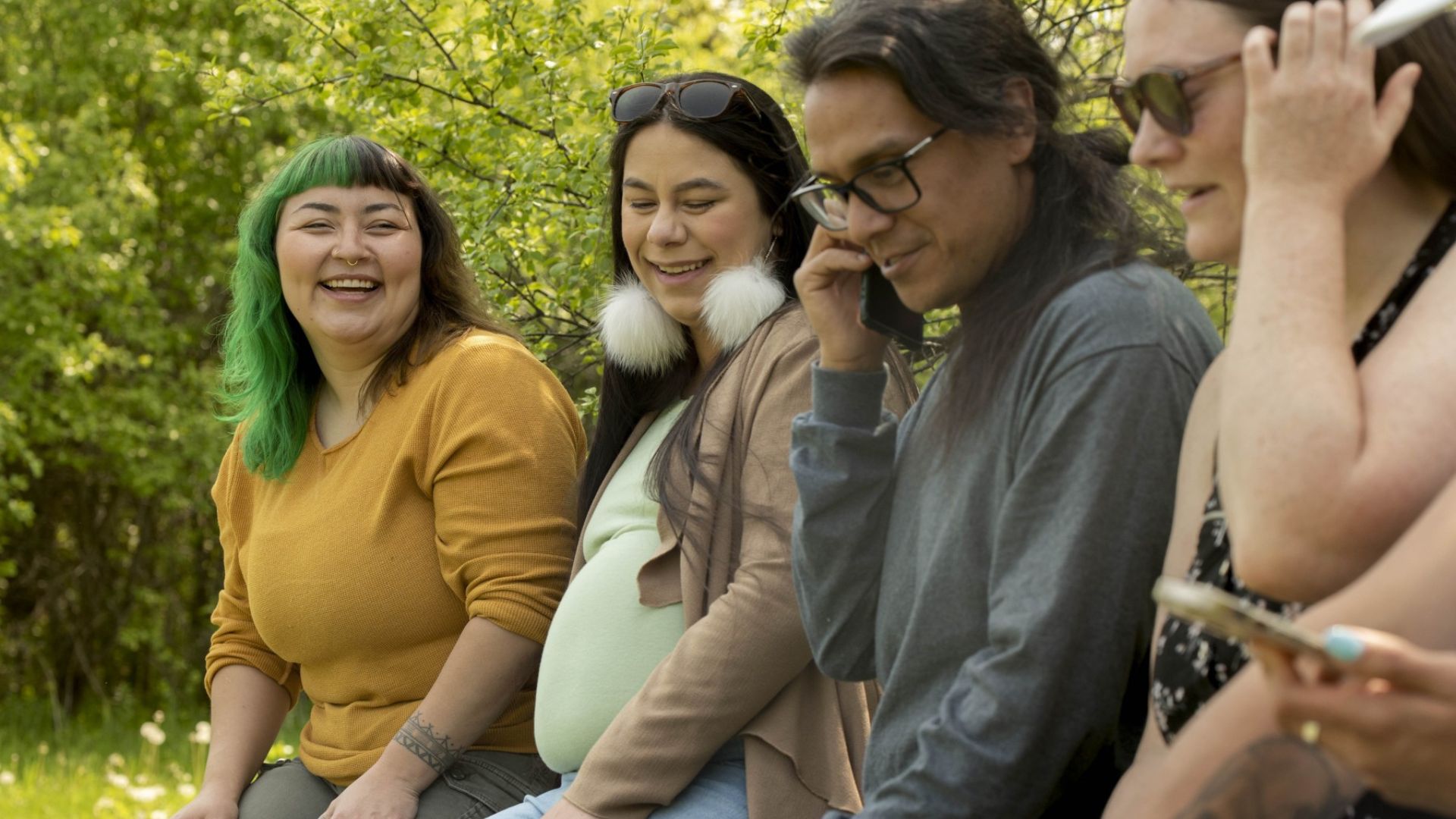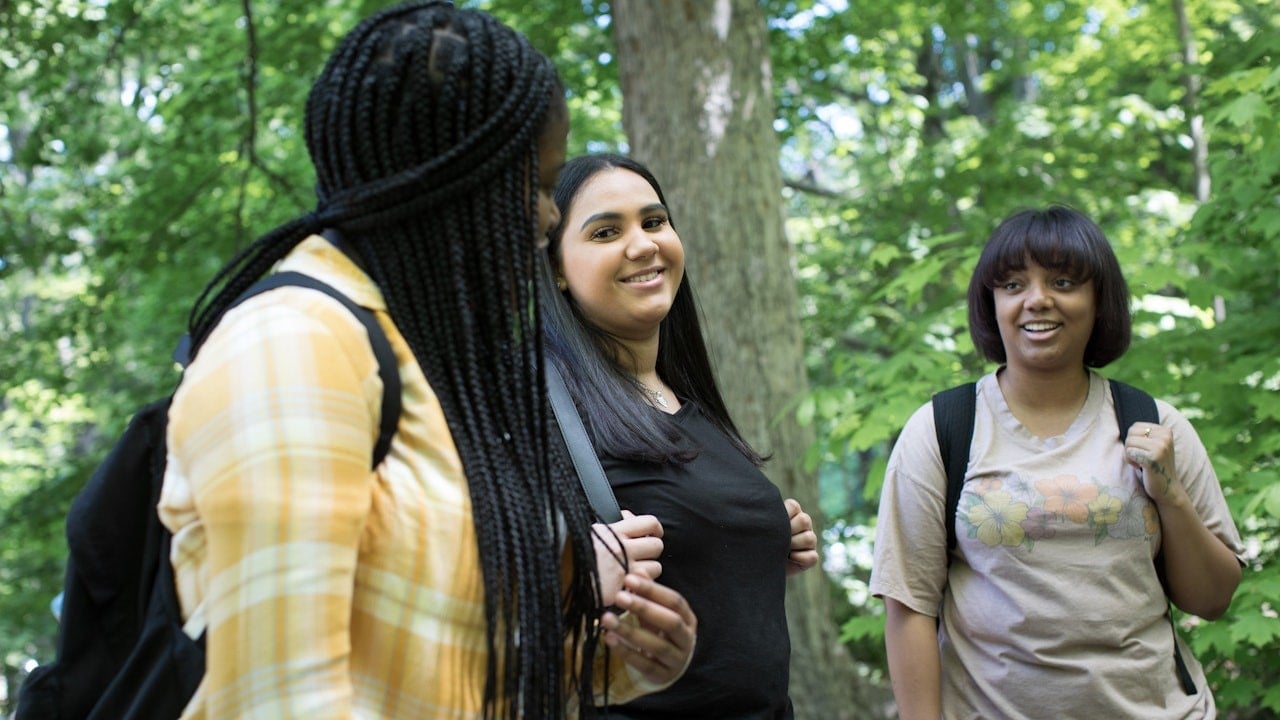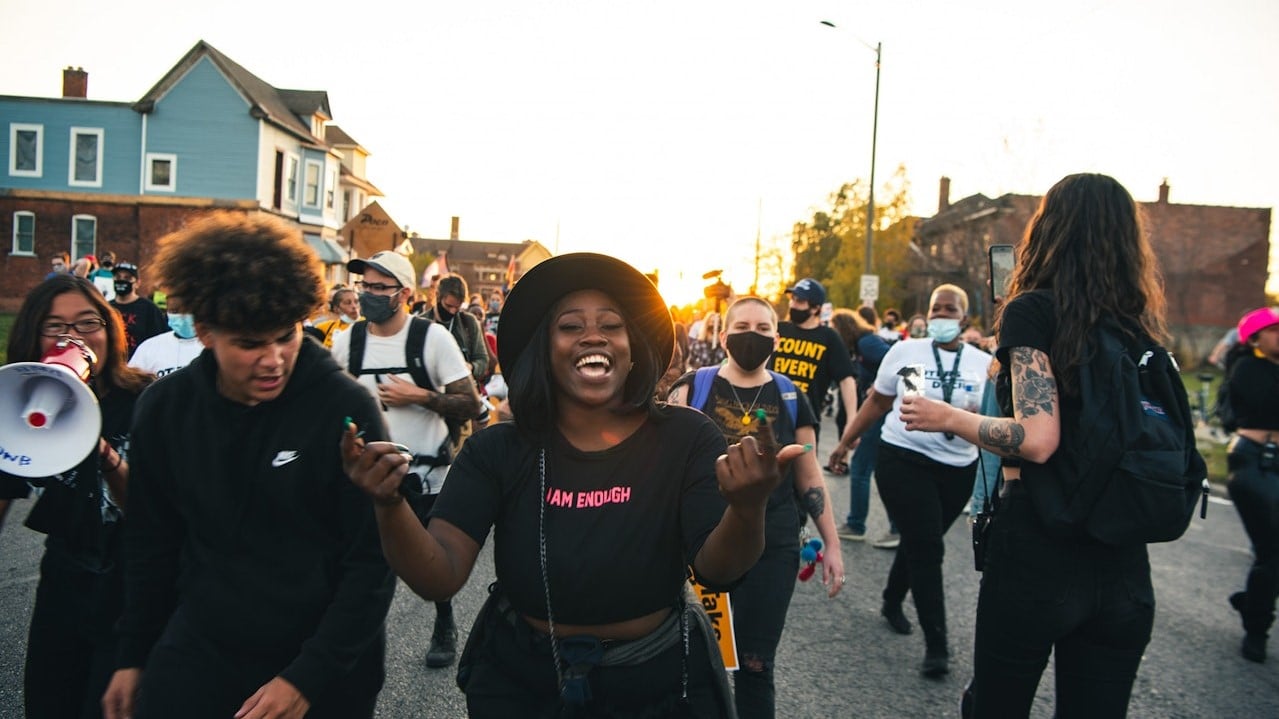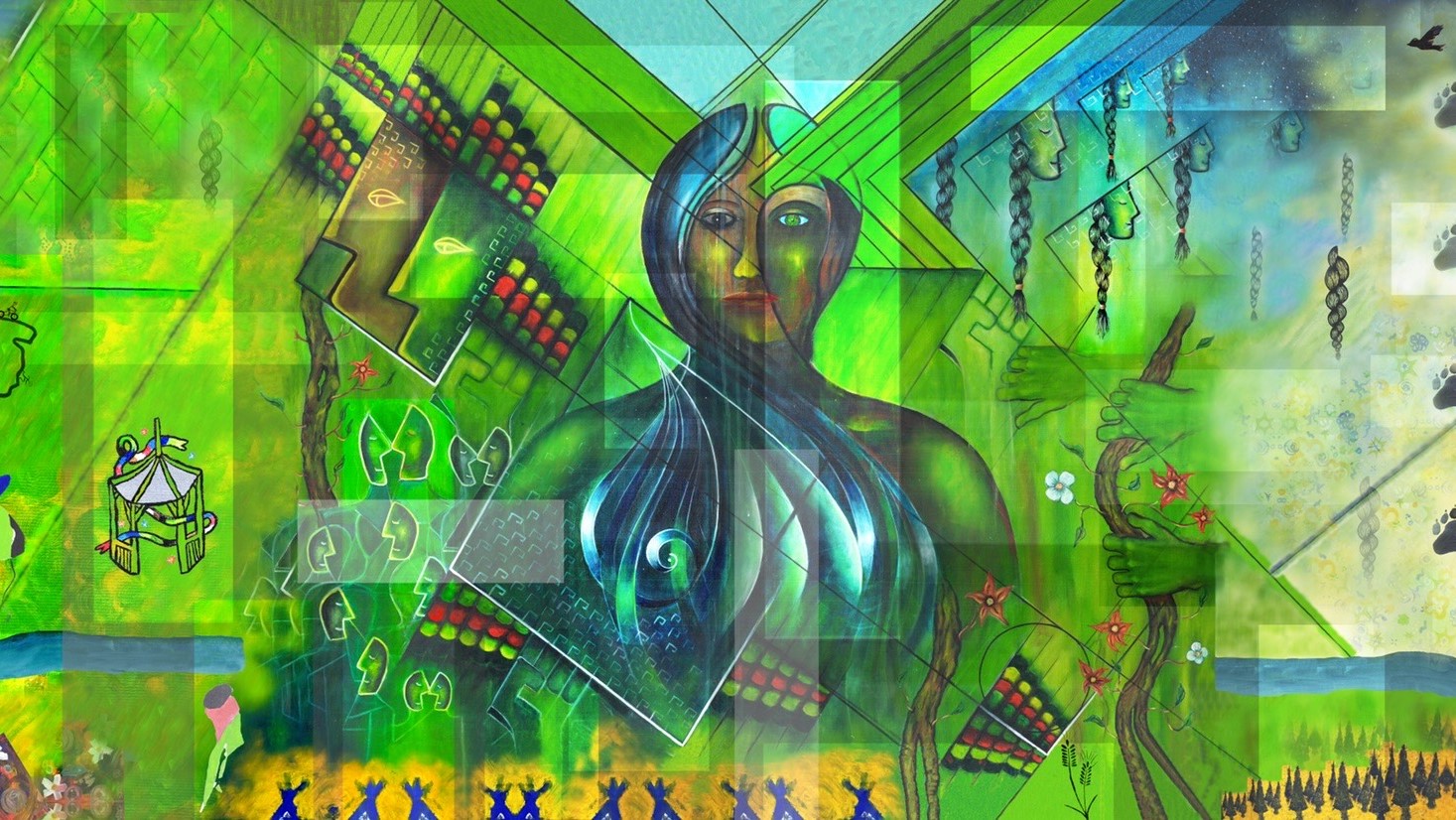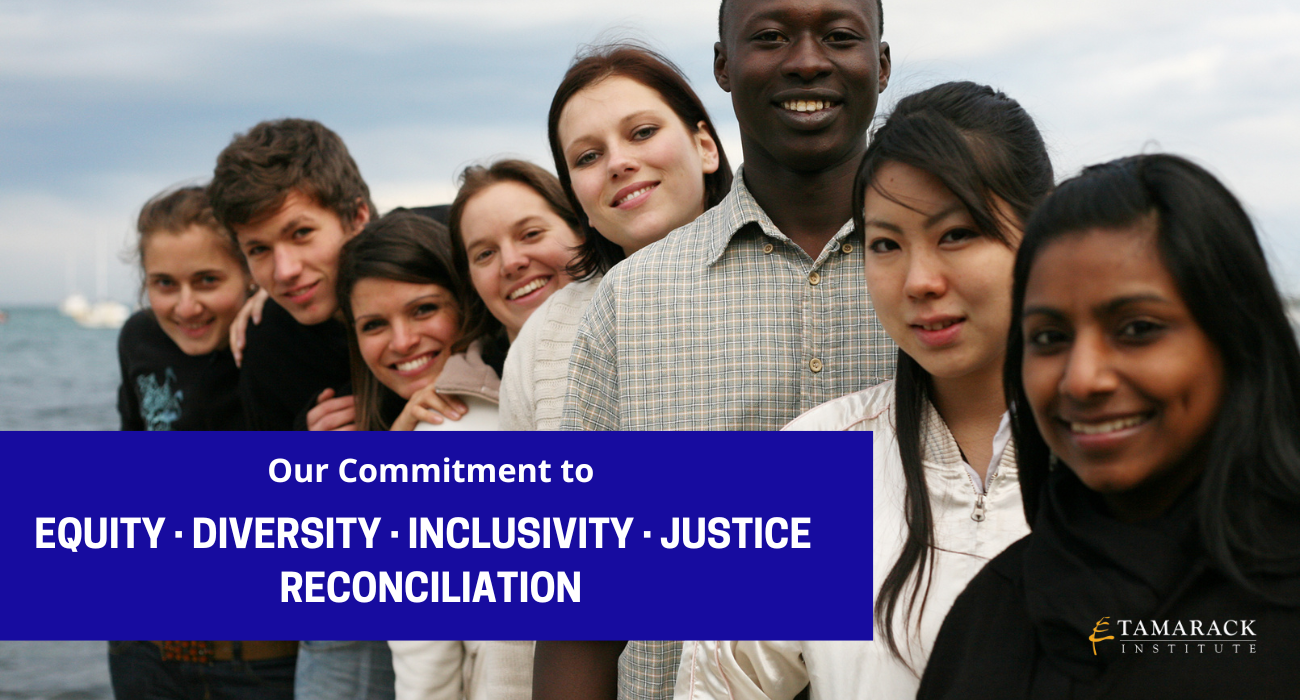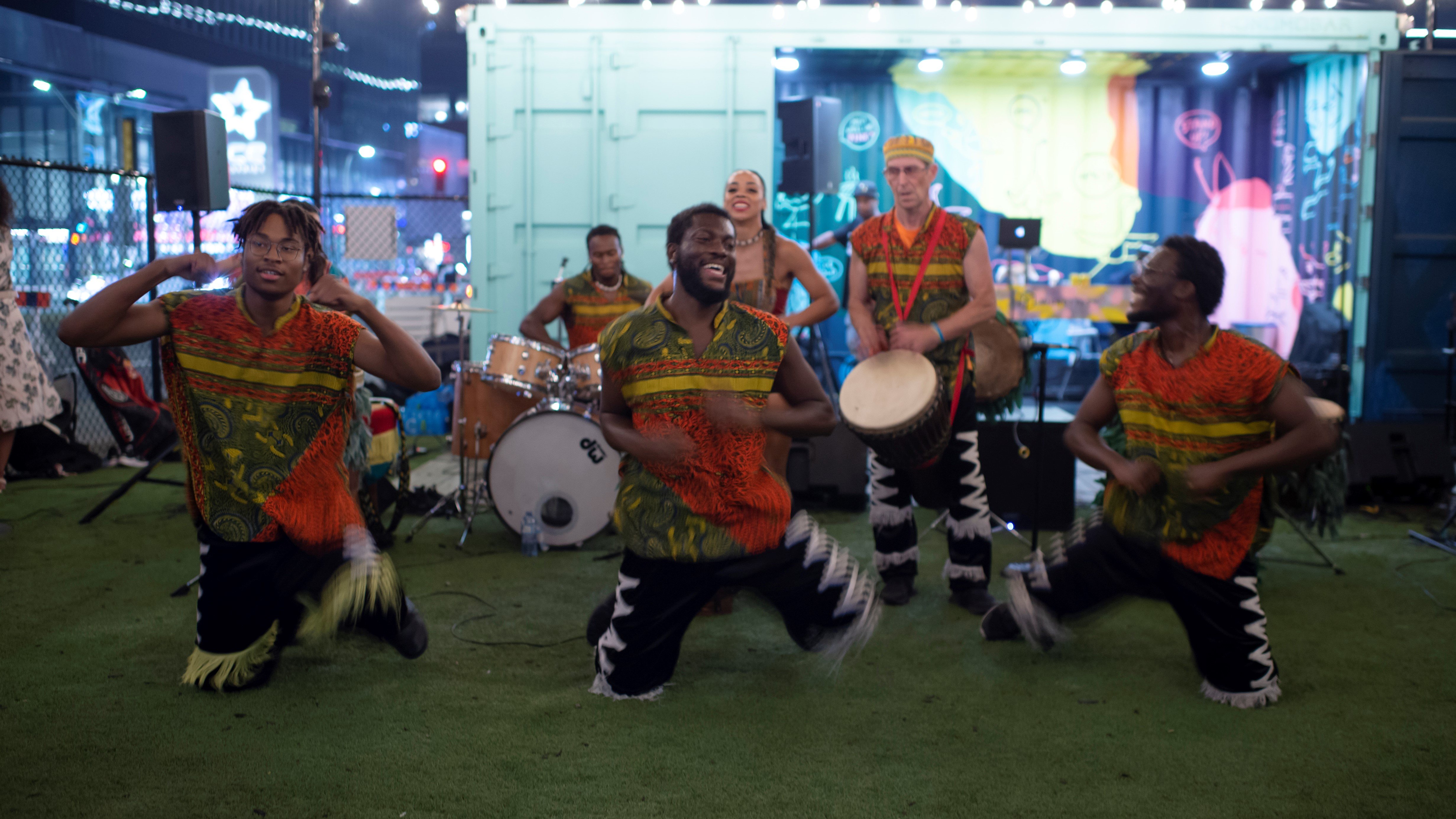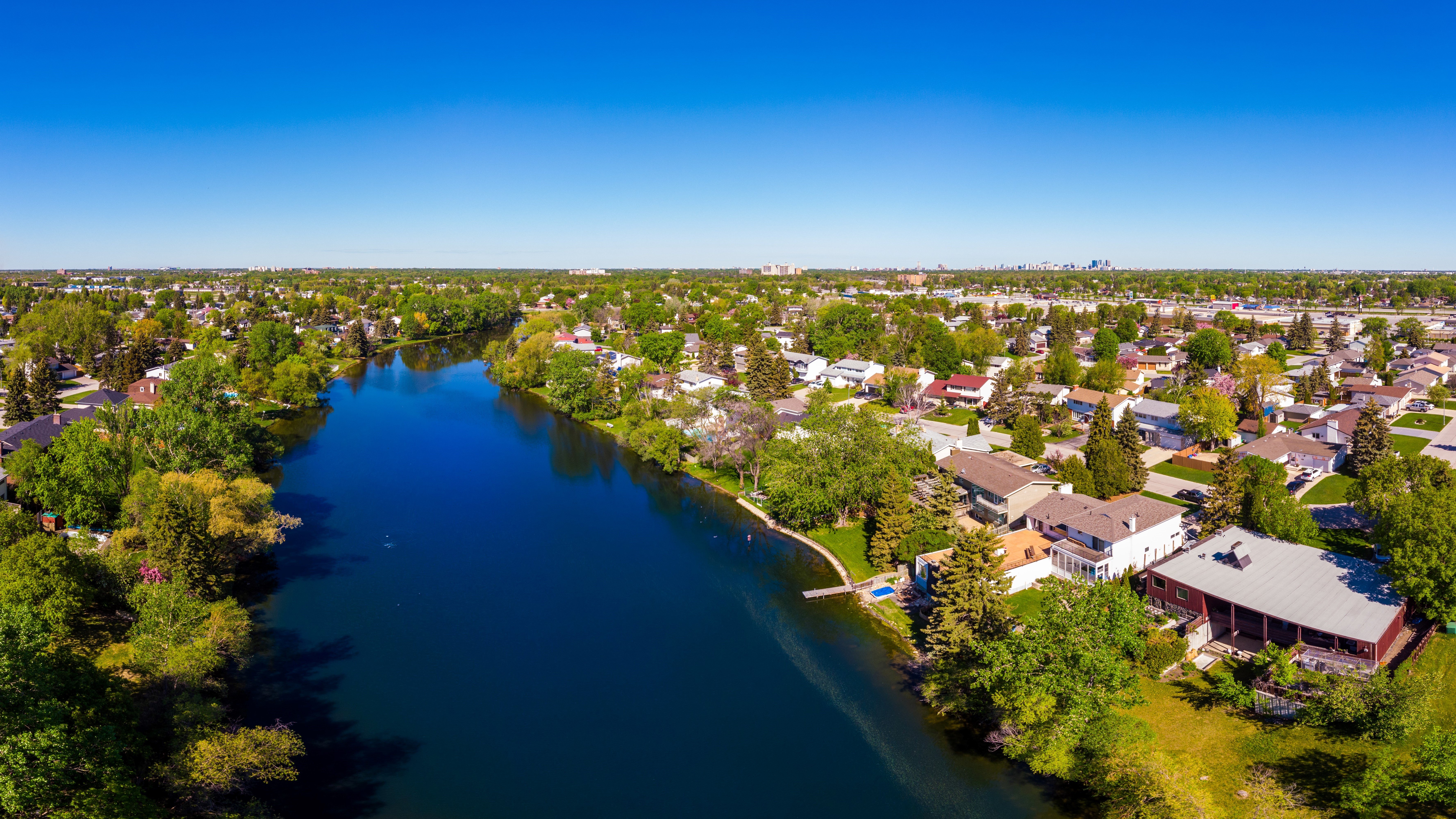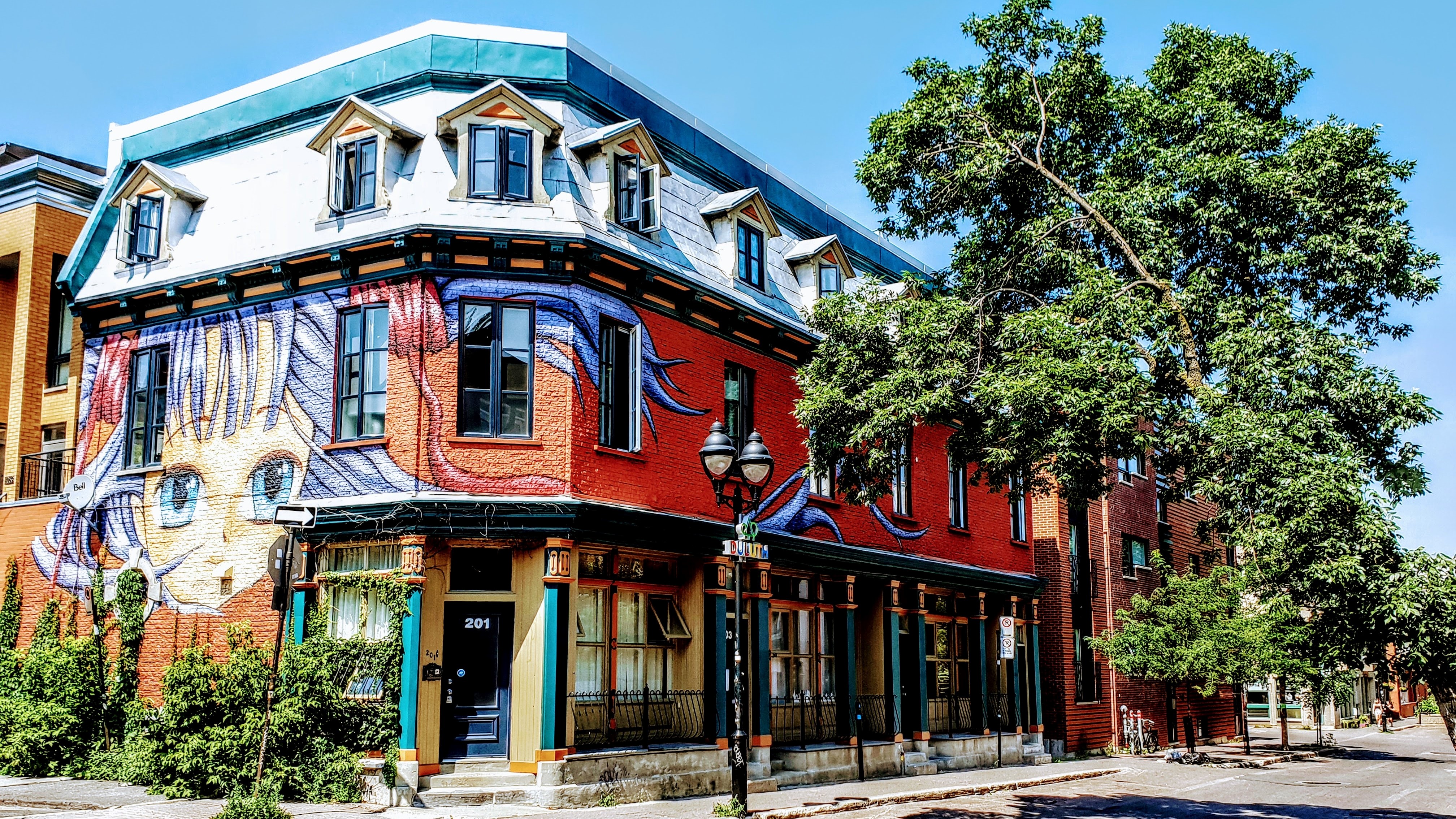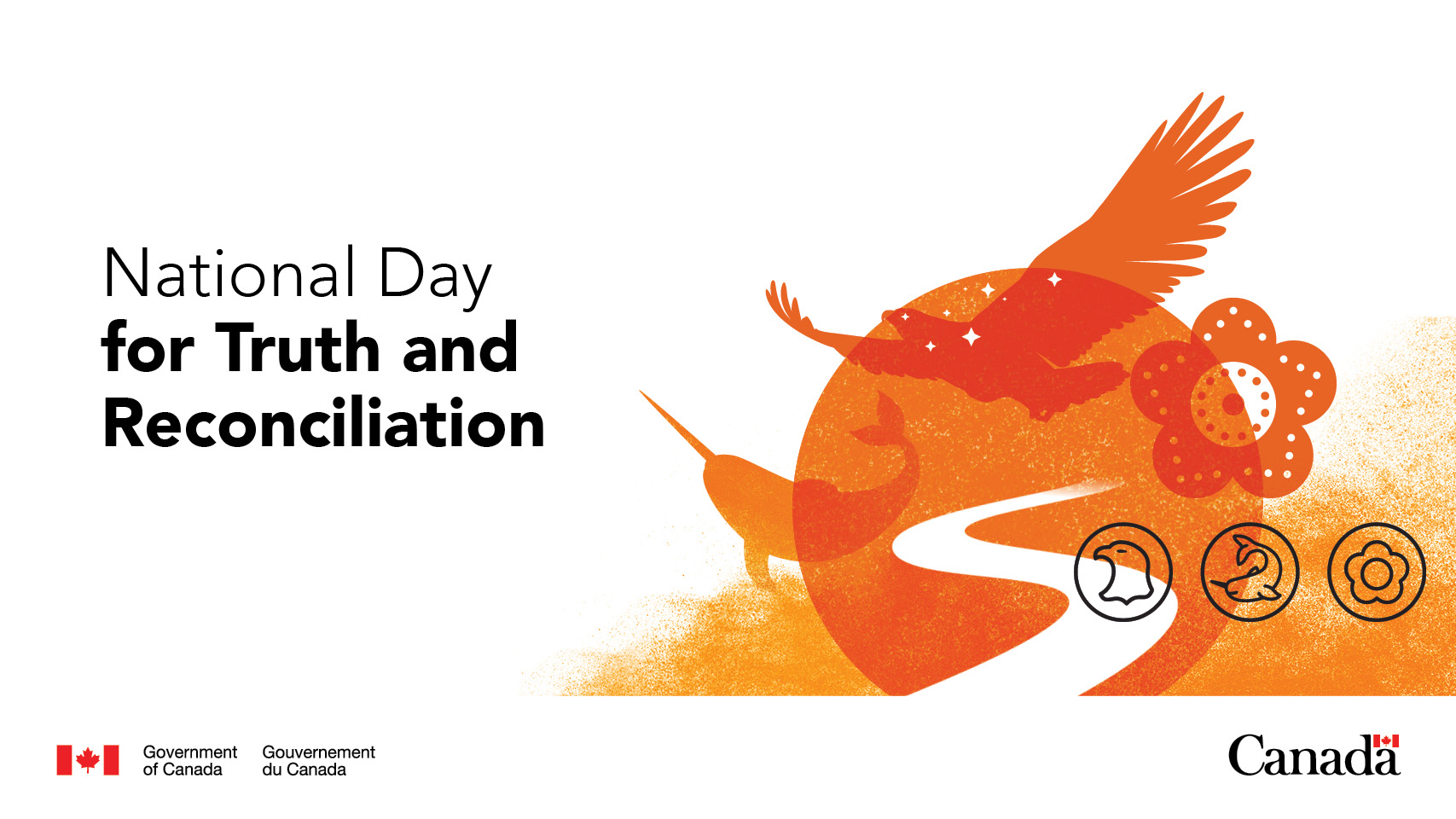Members of the Black, Indigenous, and Racialized Community of Care for Equity Practitioners at a gathering in Edmonton
Co-authored by members of the Black, Indigenous, and Racialized Community of Care for Equity Practitioners in Edmonton, following a session designed by Rochelle Ignacio and co-facilitated by Timiro Mohamed (in-person) and Rochelle Ignacio (virtual)
Reflections from the Community of Care Gathering for BIPOC Equity Practitioners
On two sunny afternoons in July, Black, Indigenous, and racialized equity practitioners from across Edmonton gathered to ask a simple yet powerful set of questions.
Who are we together? How do we sustain joy while doing this work?
Hosted as part of a growing Community of Care (CoC) initiative, the gatherings offered a pause – a moment to reflect, reconnect, and reimagine our personal and collective rhythms. The sessions were intentionally designed to support those advancing equity, diversity, and inclusion (EDI) across social sectors for people who often hold the weight of transformation within institutions that aren’t always designed for us in mind.

Image from www.nappy.co
Rooting Ourselves in Rhythm
Since time immemorial, many Indigenous communities have aligned themselves with the natural rhythms of the land. Drawing on Rochelle Ignacio’s guide, “Reclaiming Our Rhythms,”* we explored the idea of seasonal planning: a decolonial, nature-based approach to structuring our time in ways that resist grind culture and instead honour cycles of reflection, rest, emergence, and celebration. The community of care space encourages us to intentionally disrupt existing structures that often lead to burnout and isolation for racialized equity practitioners. Through considering Indigenous and Afro-centric worldviews which honour a connection to land, we challenged ourselves to look within and consider the rhythms we must move within to sustainably conduct our practice.
What We Shared: Needs Across the Seasons
Participants reflected on how seasonal rhythms influence their energy, productivity, and approach to work. Many had not previously incorporated seasonal planning into their practice but expressed curiosity and felt alignment with the concept. Summer was named as a time when work projects tend to slow, yet internalized pressures to produce more often persist. There was a shared desire to move differently to be more reflective and adaptive, recognizing the work that has already emerged rather than constantly pushing for output.
"I'm most productive in the spring. In flow for the summer”- Workshop reflection from a Community of Care participant
In turn, fall signalled a natural retreat, and winter invited stillness and maintenance of only essential tasks. Others described summer as a restful period and fall as a time of renewed momentum, revealing that seasonal rhythms are deeply personal and varied.
As we reflected on our collective needs, powerful insights emerged:
-
A deep need for connection, rest, and being seen, especially in times of transition
-
Tension between institutional expectations and personal rhythms, particularly in the summer months when work slows down but energy may rise
-
A desire to step away from Western norms of hyper-productivity and root more deeply in cultural practices and relationships
-
The importance of structure, creativity, and inspiration. Not just rest as absence, but rest as a return to meaning, purpose, and value.
-
A sense of alignment with the traditional understandings of each season as a time for unique approaches to cultivation, creation, harvest, and rest.
Winter - Rest & Reflection
Spring - Emergence & Planting
Summer - Flourishing & Execution
Fall - Harvest & Transition
Adapted from “Reclaiming our Rhythms” by Rochelle Ignacio
As we each allowed ourselves to be witnessed and reflect intentionally on the interaction between our inner world and the land on which we live and work, a shared acknowledgement emerged that rest comes most fully through community, creativity, and cultural connection. In many ways, our rest is revolutionary: it disrupts existing systems, prioritizes our well-being, and supports the development of sustainable workflows for racialized equity practitioners.
Image from www.nappy.co
Practicing Rest as Resistance
Across these reflections was a collective emphasis on resisting grind culture.
"Life is guided by rest and even resists the hyper-productive times."
Participants spoke of rest not as a reward but as a rhythm, a state of alignment. Creative practices like art-making were seen as powerful tools for seasonal reflection alongside ideas such as calendar reminders or peer check-ins for accountability. These insights underscored a shared commitment to living and working in harmony with natural cycles and to holding space for intention, care, and adaptability throughout the year.
Participants also offered strategies and stories about how they’re planning for care:
-
Advocating for non-negotiable boundaries at work, especially as equity practitioners stewarding systems change while simultaneously experiencing systems of oppression
-
Across seasons, there was an emphasis on embedding self-care into daily and weekly routines, things such as movement, creation, mindfulness and spending time in nature
-
Pushing for organizational change, which in one case led to the creation of a self-care and recovery tool within their workplace
-
Holding space for joy, softness, and personal reflection as necessary parts of systems change
There was a shared understanding that rest is not a reward; it’s a vital part of the cycle. And for racialized practitioners especially, the ability to rest, to pause, and to care for ourselves and one another is an act of liberation. As we carry these learnings forward in our work, we set forth the following intentions:
- An intention to honour lightness, grounding, and creativity
- An intention to create more opportunities for cultural exploration and community joy
- An intention to move with the courage to release perfectionism and protect our time
- An intention to build rhythms that align with who we are, not just what’s expected of us
Together, we reminded each other that rest is generative, boundaries are sacred, and that community is the foundation of sustainable leadership.
We’re not meant to do this work alone
We’re meant to move in cycles
We’re meant to move in care
*To explore Rochelle Ignacio's "Reclaiming our Rhythms" guide alongside Rochelle and other Tamarack facilitators, please consider registering for our upcoming workshop: Pause, Reflect, and Reimagine on December 4 from 1–4:30 pm ET.



